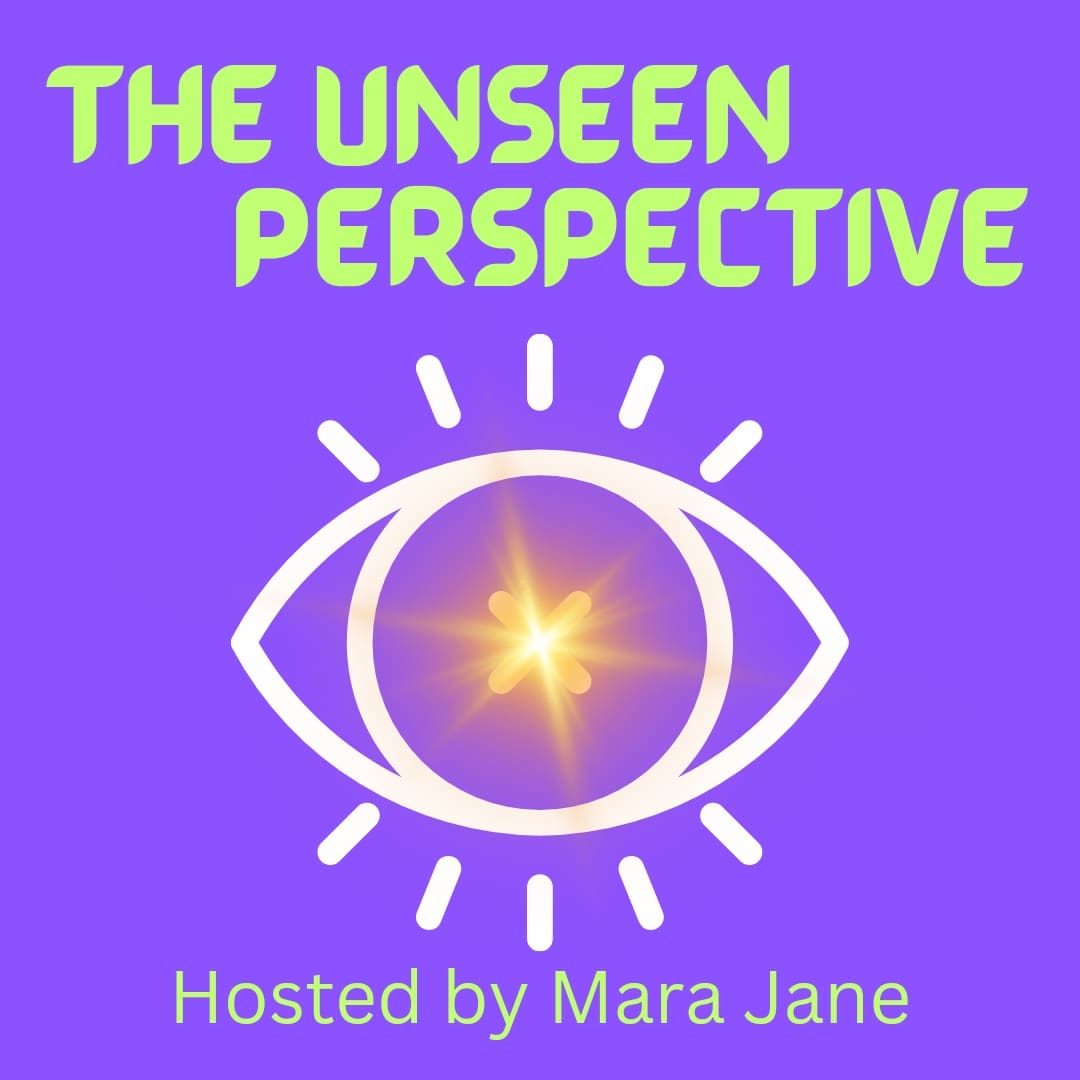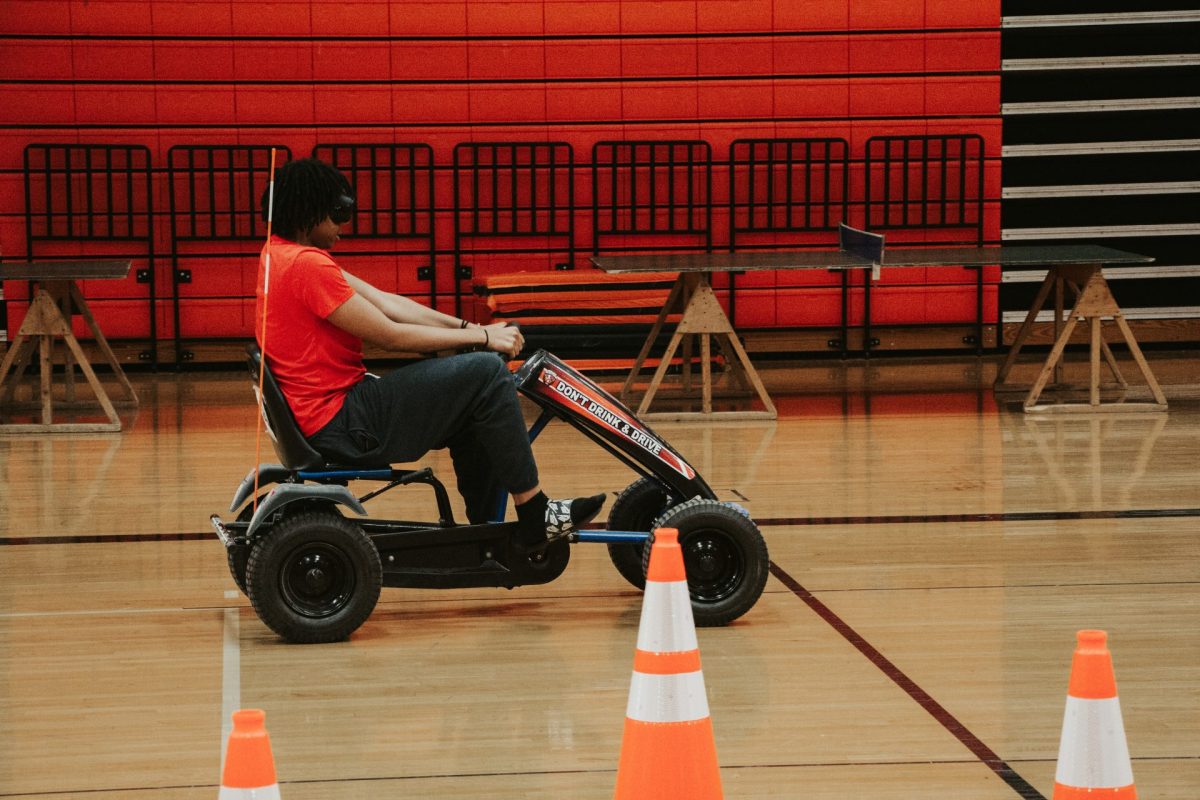“Happy birthday to you…” As soon as you hear those words, paired with the recognizable tune, you know the situation. If it’s being sung to you, you’ll have either a positive or negative reaction. Some people love the special attention, while others feel awkward or embarrassed to have everyone singing at them.
The classic birthday song is iconic – it holds the Guinness World Record for most frequently sung song in the English language – but where did it come from?
The original song that went along with the tune was “Good Morning to All” which was published in a book titled “Song Stories for Kindergarten.” It was written by two sisters, Mildred J. Hill and Patty Smith Hill. Patty wrote the lyrics and Mildred created the melody.
Mildred, a teacher, wrote the song as a good morning song for her kindergarten class at Louisville Experimental Kindergarten School in Louisville, Kentucky. The students sang many variations of the tune, including “happy birthday to you,” but none of these other versions were copyrighted, unlike the original lyrics.
Jumping forward to 1924, the original song with an added “happy birthday” verse, was published – without permission – in a songbook edited by Robert H. Coleman. Over the next decade, the song was published multiple times with minor changes each time. As it gained popularity, it started featuring in media, the first notable instance being in a Broadway show titled Band Wagon, in 1931.
In 1935, Mildred and Patty’s sister, Jessica Hill, tried to establish copyright for the song with the help of Clayton F. Summy Company. At first, the court ruled that the copyright was only for the melody, not the lyrics. In 1988, Warner Chappell Music gained the rights to the song from Summy, claiming to hold the copyright until the year 2030. In 2015, however, a court ruled that Warner Chappell’s rights were only for a specific piano version of the song, not the whole thing. Warner Chappell settled the case, and the song became public domain.
While “Happy Birthday to You” is certainly the most popular and well-known public domain song, there are other familiar tunes no longer owned by anyone.
Songs like Camptown Races, When the Saints Go Marching In, and Take Me Out to the Ballgame are all in the public domain, as well as Twinkle Twinkle Little Star and the other songs that match its tune – the well-known ABC song and Baa Baa Black Sheep.
There are also a lot of popular older Christmas songs in the public domain, including Away in a Manger, Deck the Halls, The First Noel, and O Come, O Come, Emmanuel.
A song usually becomes public domain when its copyright expires. Today, that means any song published before 1926, or 70 years after the artist passes away. Sometimes, however, a cover or newer version of a public domain song can get copyrighted.








